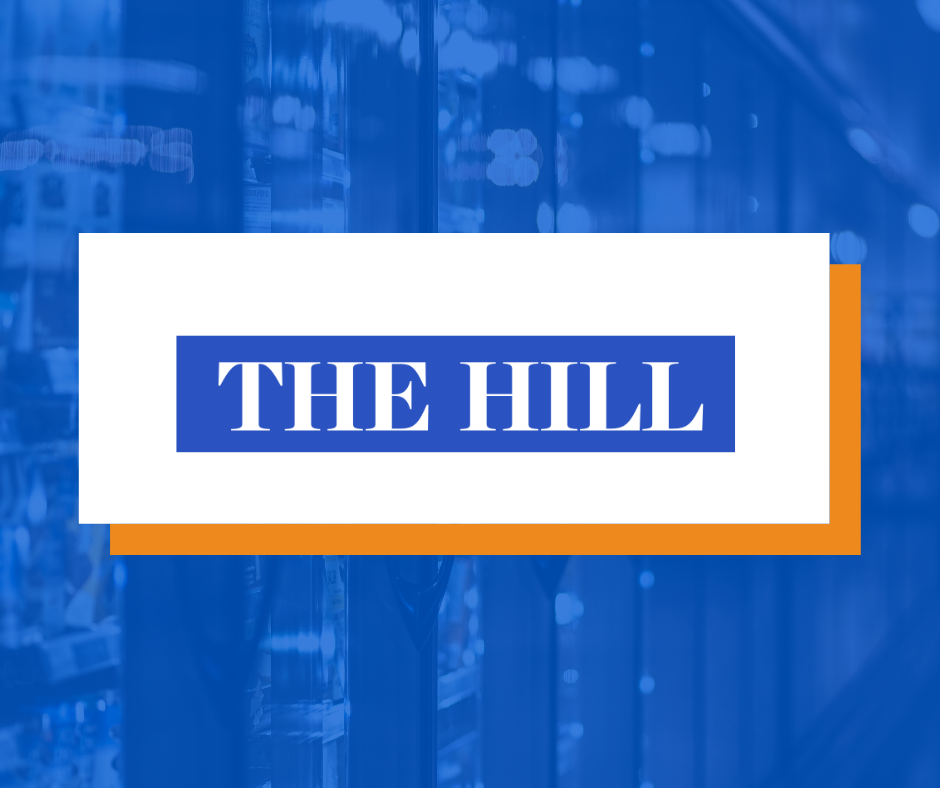Lift the sanctions on Russia, and we’ll allow for Ukraine to export its food: that was the message that Russia’s Deputy Foreign Minister Andrey Rudenko passed on to its European counterparts recently. Moscow has been responsible for blocking Ukrainian transport ships carrying grain from passage through the Black Sea. Around 24 million metric tons of wheat and maize are currently unable to leave the country as prices are exploding. Wheat prices have jumped, now double compared to last year, while maize prices have gone up by 82 percent.
As Europe scrambles to find food imports from other trade partners — Russia being sanctioned and Ukraine unable to export — lawmakers are divided over the steps forward. In fact, the European Union had been discussing a comprehensive reform to its agricultural system through the so-called “Farm to Fork” plans. This roadmap seeks to reduce farmland by 10 percent, cut pesticide use in half, and increase organic farming to a fourth of the overall farmland use, up from the current 8 percent. Farmer representatives had been critical of the plans, and USDA published an impact assessment showing that the reforms would lead to a reduction in GDP between 7 and 12 percent. However, politicians in Brussels insisted that the plans were needed for the sake of the bloc’s carbon dioxide emission reduction targets.
Now that the war in Ukraine rages on longer than anyone expected, the tide is turning.
Both the European Parliament’s largest parliamentary group and France’s President Emmanuel Macron have made it clear that “Farm to Fork” comes at the wrong time and that in wartime Europe cannot afford the ambitious reforms. On top of that comes the pressure from Brexit Britain: England just introduced legislation that would legalize gene-editing in food production, in what is by far the most significant divergence from EU legislation since the exit. An adviser to the UK’s environment department said that this would have numerous benefits, from building crops that are more resistant to the climate crisis, pests and diseases to increasing crop yields, which could help to combat global hunger. All these factors are not just crucial in the long run but can also help the country weather food supply chain disruptions such as those created by the war in Ukraine.
This comes at a time when scientists just developed a gene-edited tomato that boosts vitamin D levels. Between 13 and 19 percent of Britons have a low vitamin D count, making innovations such as these essential.
Lawmakers in the United States have, in the past, attempted to copy European Union food regulations. The Protect America’s Children from Toxic Pesticides Act (PACTPA), supported by lawmakers including Sens. Elizabeth Warren (D-Mass.), Cory Booker (D-N.J.) and Bernie Sanders (I-Vt.) would copy-paste EU food regulations into federal law. This piece of legislation, which could be approved by Democrats, would undermine the entire American food system as we know it. The United States has always preferred innovation over a hawkish approach to the precautionary principle, which is why, in contrast to Europe, it has assured that food is readily available and affordable. In 2020, Americans spent 5 percent of their disposable income on groceries, compared to 8.7 percent in Ireland (the lowest in the EU), 10.8 percent in Germany, 12 percent in Sweden, 17 percent in Hungary and 25 percent in Romania.
On the worldwide scale of food production, the United States has already fallen behind China and India. Both countries’ stake in food exports is negligible compared to the overall domestic production. However, unburdened by the increasing restrictions on modern agriculture, they could soon increase the economic competition in international food markets. China is already the leading trading partner for an increased number of countries in the world, particularly in developing nations.
The United States cannot afford to fall behind in the world food trade and should guarantee its competitive edge to support its allies in times of crisis.
Originally published here



